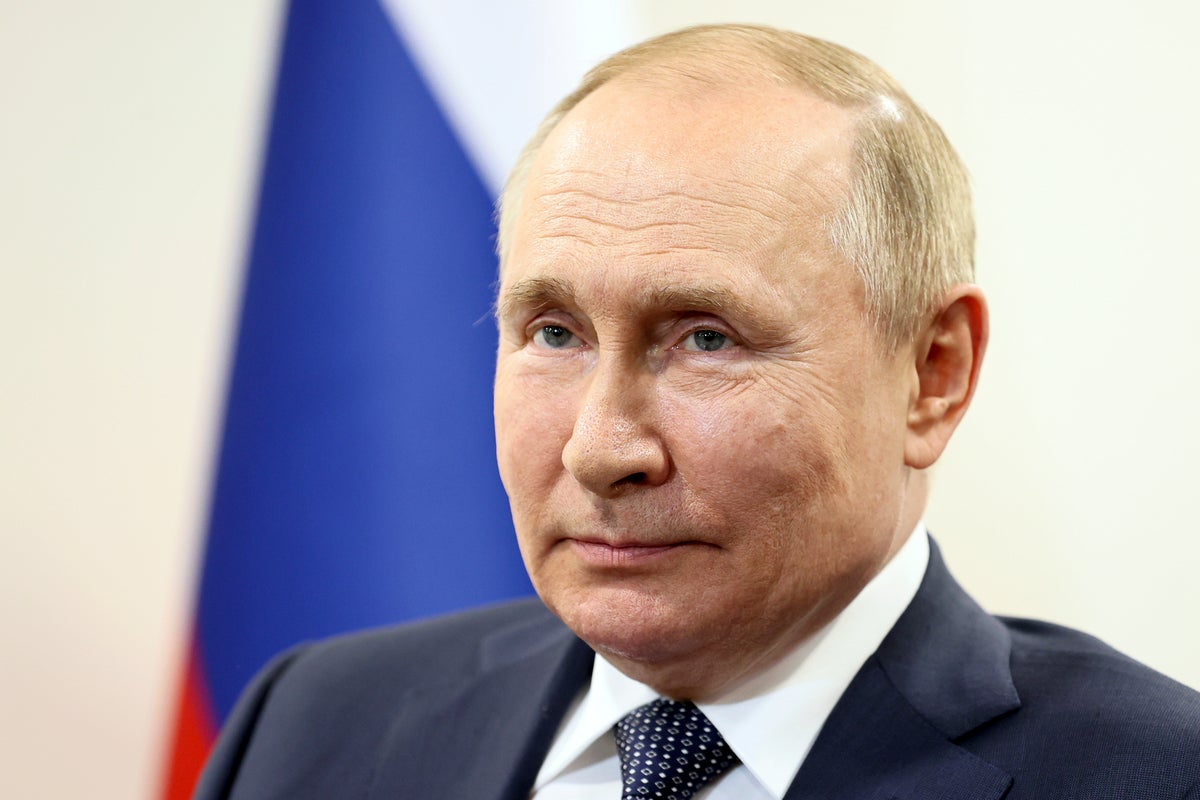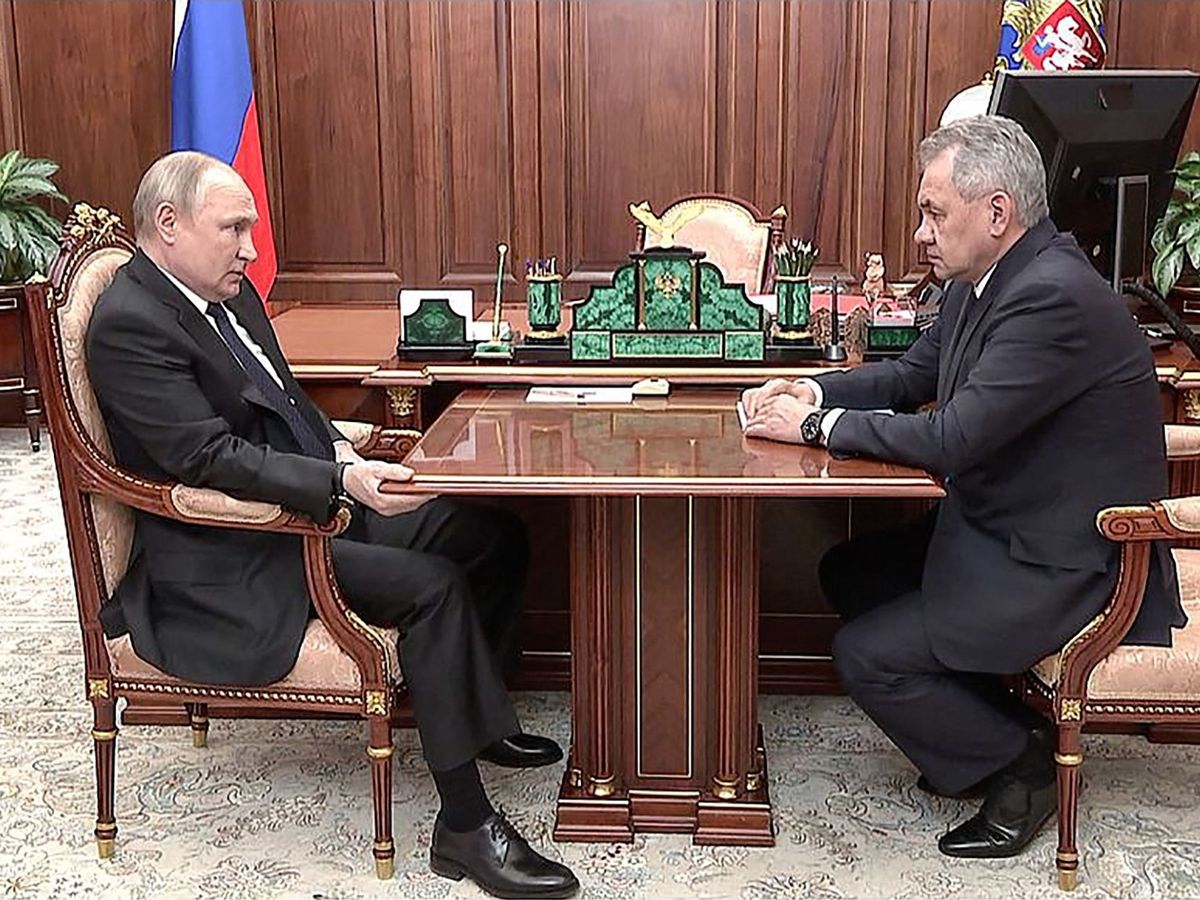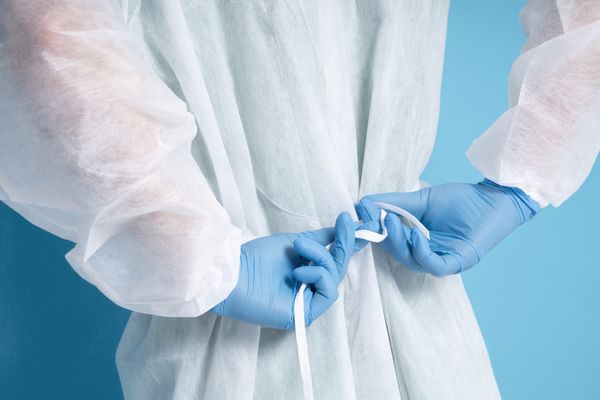
Vladimir Putin has ordered authorities in Russia to increase the average life expectancy of the citizens to 78 by the end of the decade.
Authorities in charge of health and living standards must “move steadily toward this goal,” said the 69-year-old – who could coincidentally turn 78 in the year 2030.
During a Council for Strategic Development and National Projects meeting, the Russian president said that the current average life expectancy has exceeded 73 in the second quarter of the year.
This represents a return to the pre-coronavirus pandemic averages.
Putin said, according to state news agency RIA Novosti: “In general, this is a good result, but it is important to move steadily towards this goal – to increase life expectancy in Russia to 78 years by 2030.”
Also during the meeting, Putin praised the implementation of new schemes to combat hepatitis C and diabetes.
He said authorities must work toward improving the quality of life for Russian citizens, including by reducing poverty.

According to rumours, Putin has been suffering from a number of “grave” diseases while waging war in Ukraine, although these have been dismissed by Moscow.
Since launching his invasion of Ukraine, Putin has made public appearances that have fuelled the rumours about his health.
One of the appearances was a televised talk with his defence minister Sergei Shoigu, in which he appears uncomfortably stiff while gripping the corner of the table throughout the meeting.
Ukrainian intelligence chief Major General Kyrylo Budanov claimed in an interview with USA Today last month that Putin “doesn’t have a long life ahead of him”.
Budanov said his office believes Putin will die from these illnesses within two years – but he did not provide any evidence for these claims.
A Russian spy has also claimed that Putin has been “given three years to live” because he has “a severe form of rapidly progressing cancer”.
The Kremlin has consistently denied the rumours about Putin’s health.







